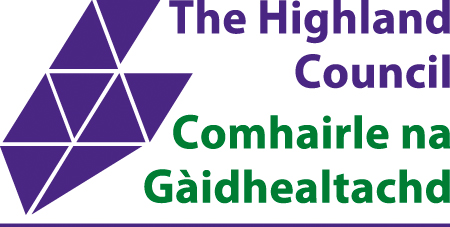Highland Council rents to rise by 3%
 The Highland Council has announced that it will be increasing its rents by 3%.
The Highland Council has announced that it will be increasing its rents by 3%.
Council members approved the “modest” rent increase for residential rents and service charges following detailed consultation with tenants.
The increase will result in a rise in the average weekly council house rent from £75.38 to £77.74 (£2.26), which means that Highland rents are still 8th lowest of the 26 councils which retain housing.
The report, which went before members at a special meeting of Highland Council, highlighted that rent levels for 2020/21 will generate sufficient income to fund expenditure relating to housing management, repairs and loan charges.
Tenants were consulted on options of a 2.5%, 3% or 3.5% increase. The overall response rate was 1,406, which signalled a significant increase in the responses to the consultation in previous years.
A significant part of the increase in repairs and maintenance (£1.780 million) is an additional £1m to comply with new standards for domestic fire detection arising from changes introduced by the Scottish Government as part of the national response to the Grenfell Tower tragedy.
Direct staff cost increases and bad debt provision based on continuing trends in rent arrears are all linked to the decision to increase rents.
Councillor Ben Thompson, housing and property committee chairman, said: “The council has a legal requirement to balance its Housing Revenue Account income and expenditure at the end of the financial year.
“To that end, members have today accepted the proposal for a small increase to housing rent and service charges for the coming year 2020/21.
“The council continues to identify annual efficiency savings aimed at reducing management and maintenance costs without compromising best value for tenants. This small rise in rents will help to support an improving housing service for tenants.”
Highland Council’s Tenant Participation Team has also been working with interested tenants who say they would like more say in all aspects of their tenancy.
That close relationship gives tenants the opportunity to put forward their priorities for improvements to the areas they live in and make sure investment is targeted at community priorities. This small increase in rents will further enable the council to meet those priorities.






